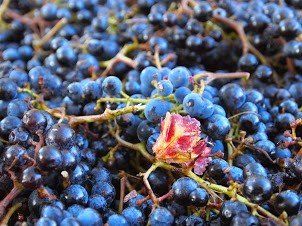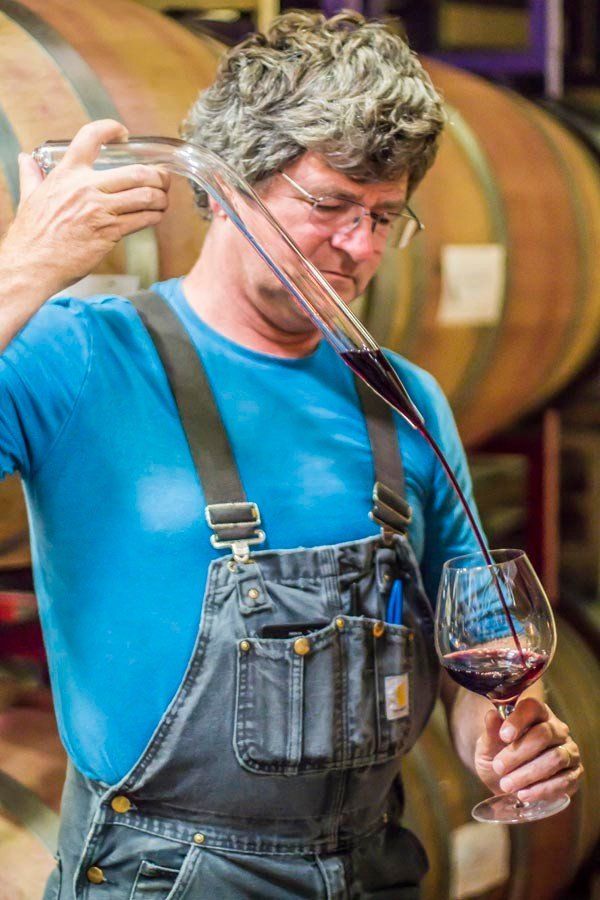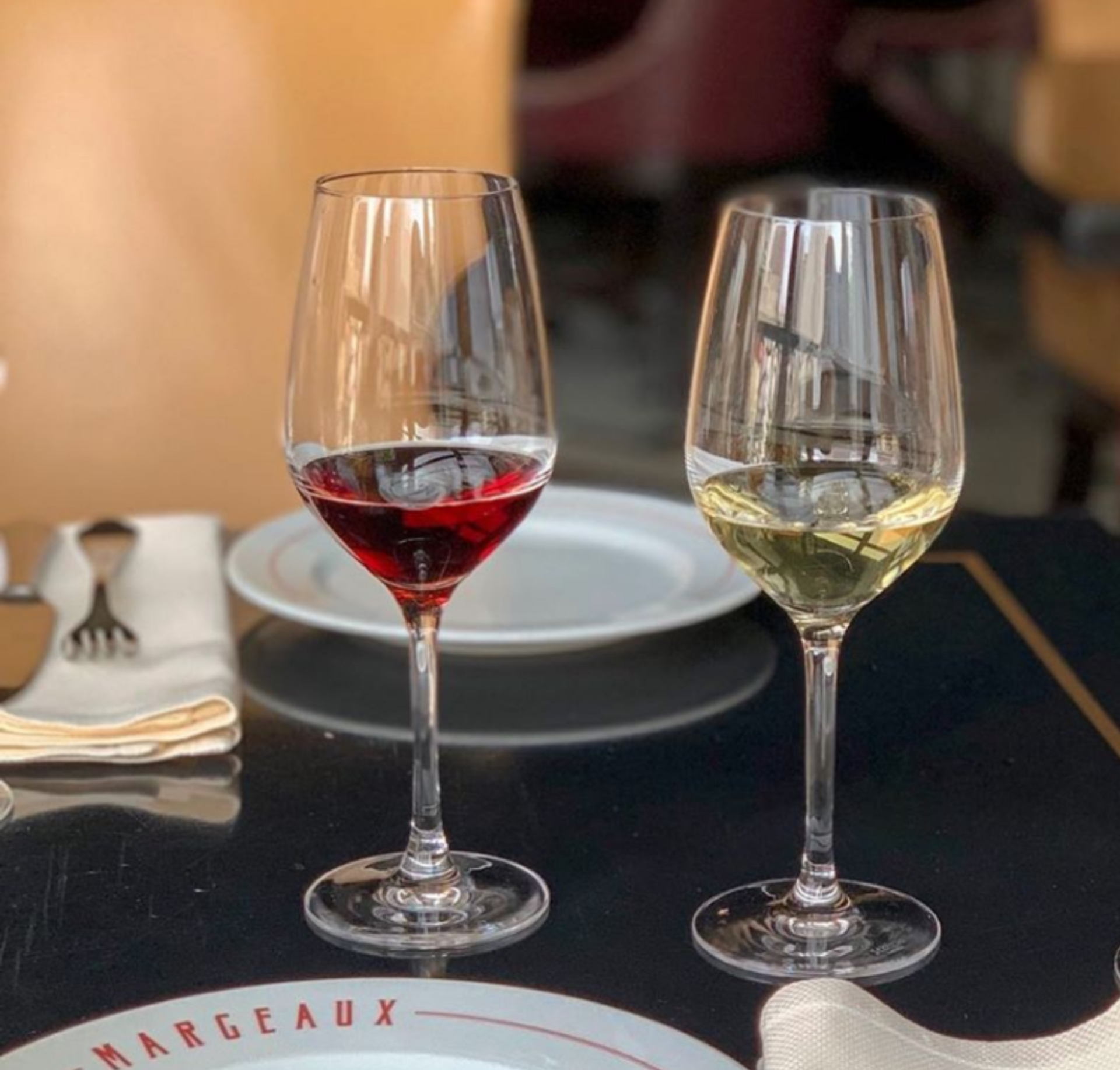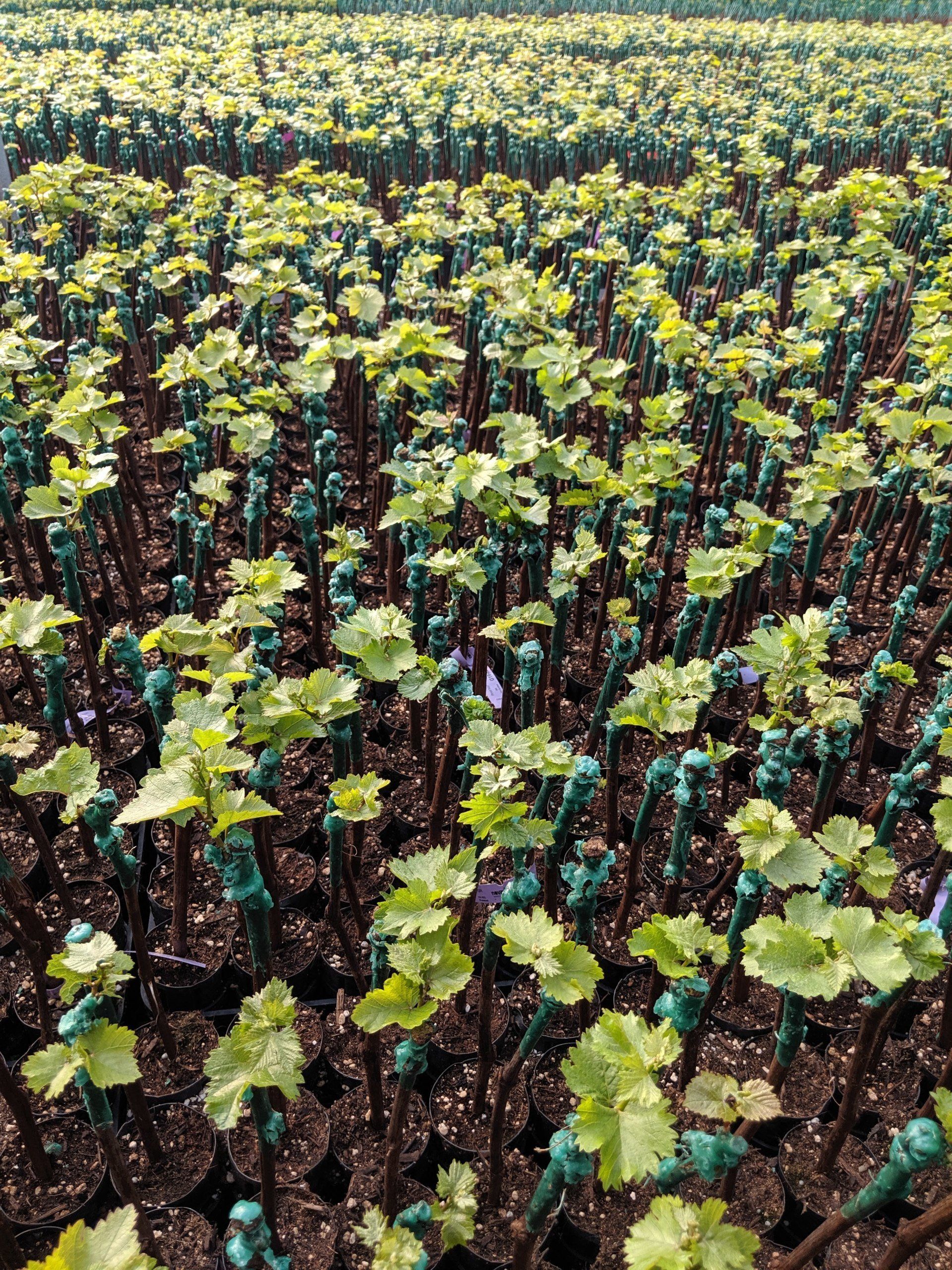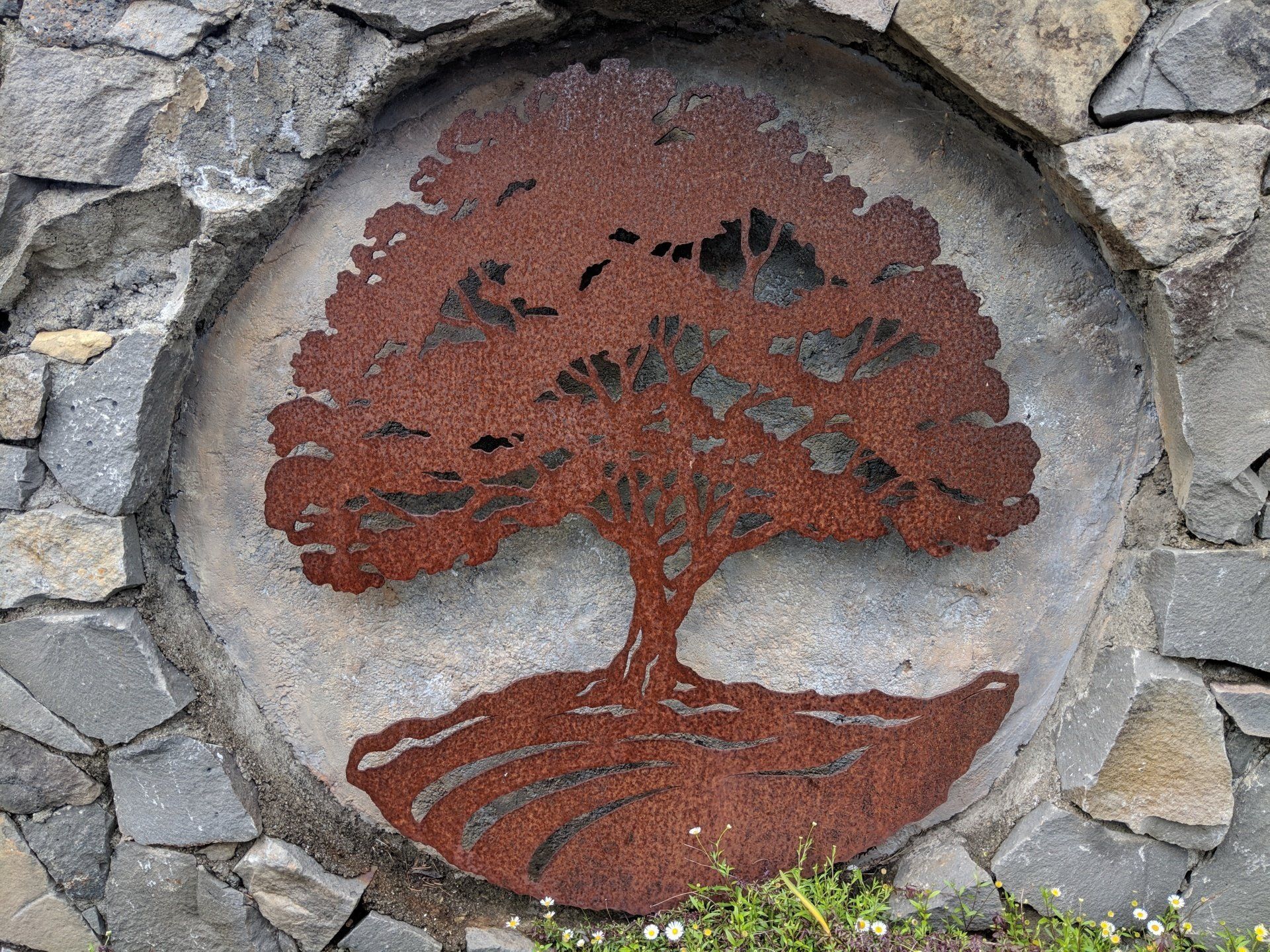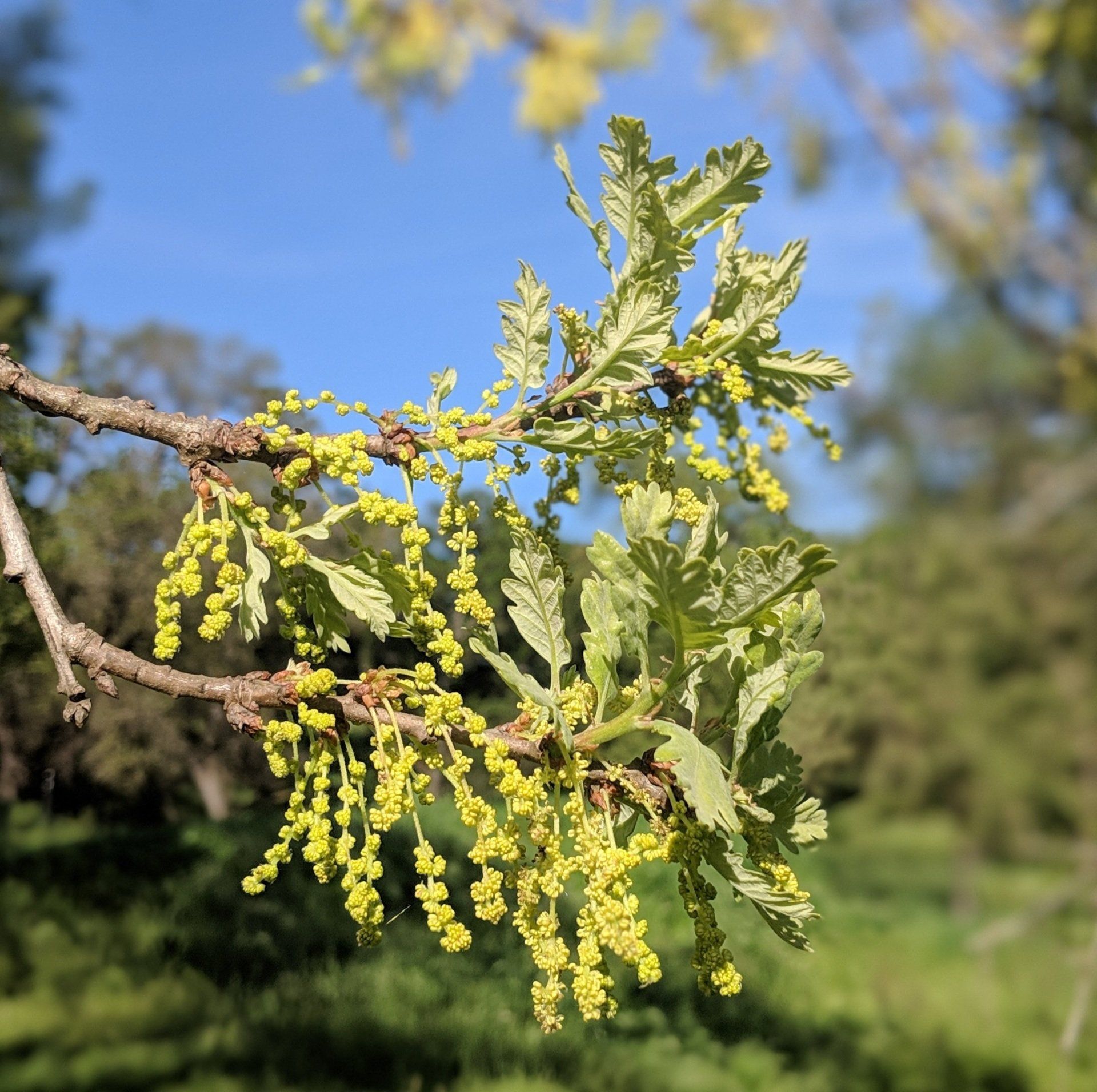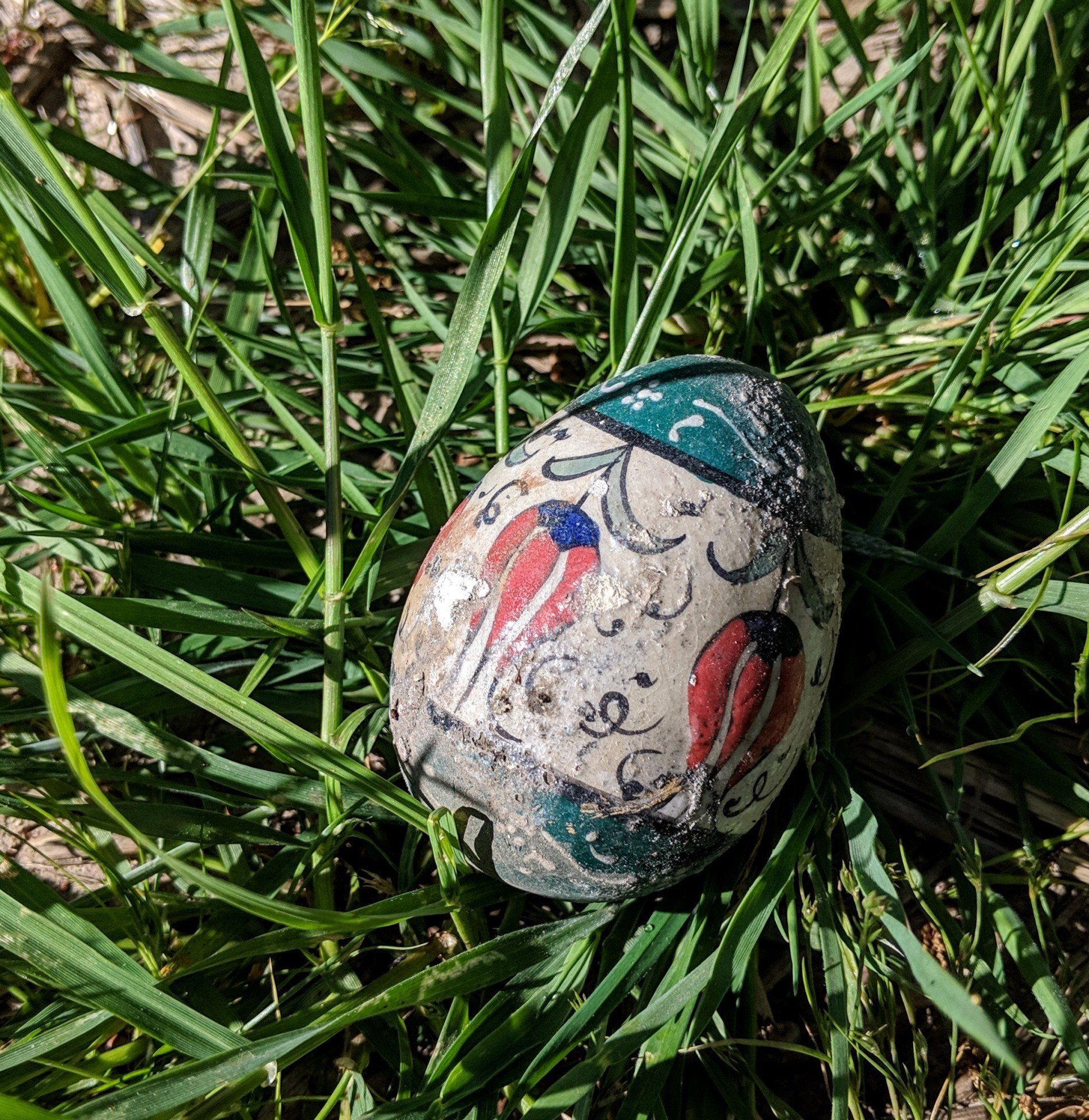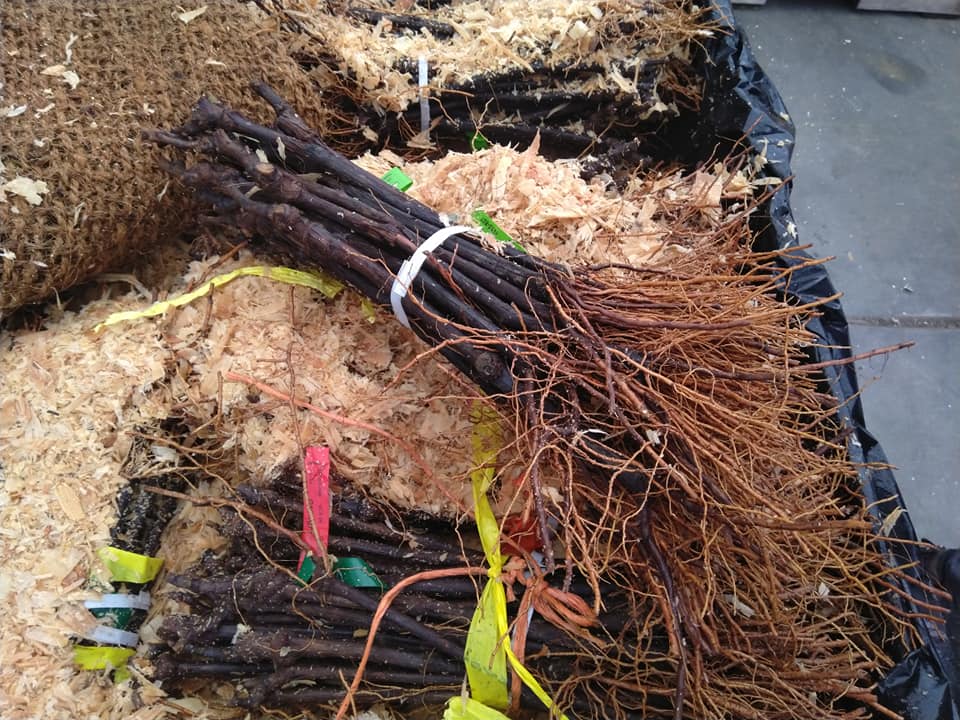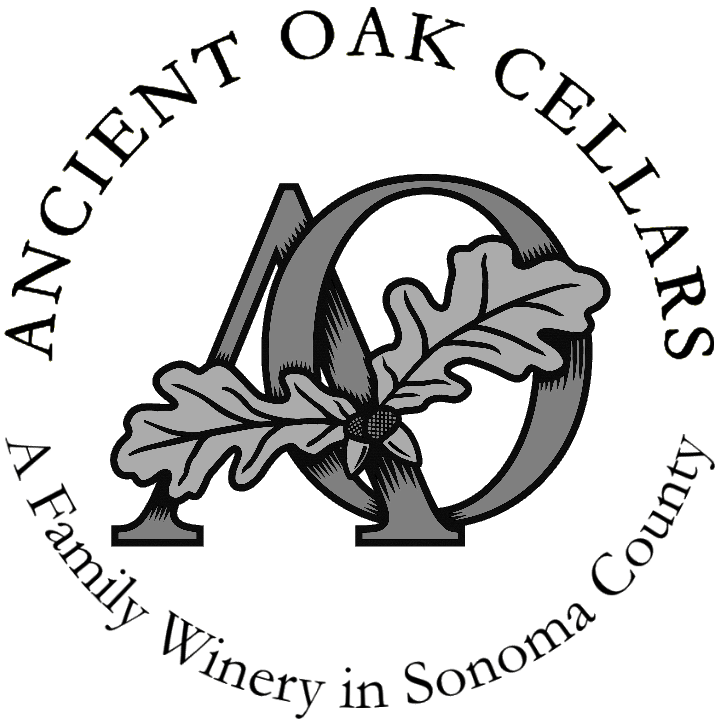How is our Vineyard Sustainably Farmed?
- By admin
- •
- 10 Jun, 2010
- •
Here’s what the California Wine Institute has to say about Sustainable Winegrowing: Sustainable winegrowing is a set of best practices that guide California’s growers and vintners in producing wine in an environmentally friendly and socially responsible manner that benefits families, employees, communities and wildlife, and the soils, air and water that make great wines possible. […]


While California winemakers and winegrowers may have legal title to their vineyards and wineries, most consider themselves caretakers of the land, stewards who are mindful of the impact winegrowing and winemaking have on the environment. Together, they have embraced a statewide Code of Sustainable Winegrowing Practices, a best-practices guide to keeping California green and clean by reducing water and energy use, minimizing pesticide and herbicide use, building healthy soils, protecting air and water quality and maintaining natural wildlife and vegetation.
Great stuff, and certainly true on our own family-owned ranch and vineyard. Here’s just one section of our sustainable practices plan. For more, see the Siebert Ranch website
:
To enhance the environmental quality and the natural resource base upon which the agricultural economy depends, we do the following:
- Only half our farm is vineyard; the other half pasture, woodland and creek habitat. Although some more land could be put to vineyard use, we believe the environmental cost would be too high.
- We protect the creek areas with fencing and keep the sheep out of these areas, so that native riparian plants will regenerate and thrive and new oaks will grow up to replace the old ones.
- We encourage the natural succession of plants and habitat development around our diversion pond, even though some water is “lost” to this habitat.
- In our vineyard floor, we maintain a permanent sod cover. A variety of grasses and small leafy plants promote a robust habitat for wildlife diversity.
- We may have to irrigate somewhat more (because the sod competes with the grapes for moisture) but the habitat and erosion control benefits outweigh the irrigation cost, in our estimation.
- We encourage native birds with habitat protection and by providing nesting boxes.
- We promote excellent habitat for native hawks and barn owls that in turn help us by controlling gopher and rodent populations.

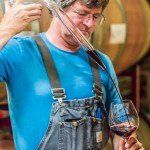
Ancient Oak Cellars, and Jon McDaniel with Second City Soil, gathered 60+ of the top sommeliers from around the country to taste four wines that Ancient Oak had sent to each -- and to enter into a discussion of the wines, farming and winemaking philosophies, and a wide-range of other related topics. We had a blast!
Re-live your experience, or take it in for the first time. Then be in touch to continue the discussions. Cheers!


